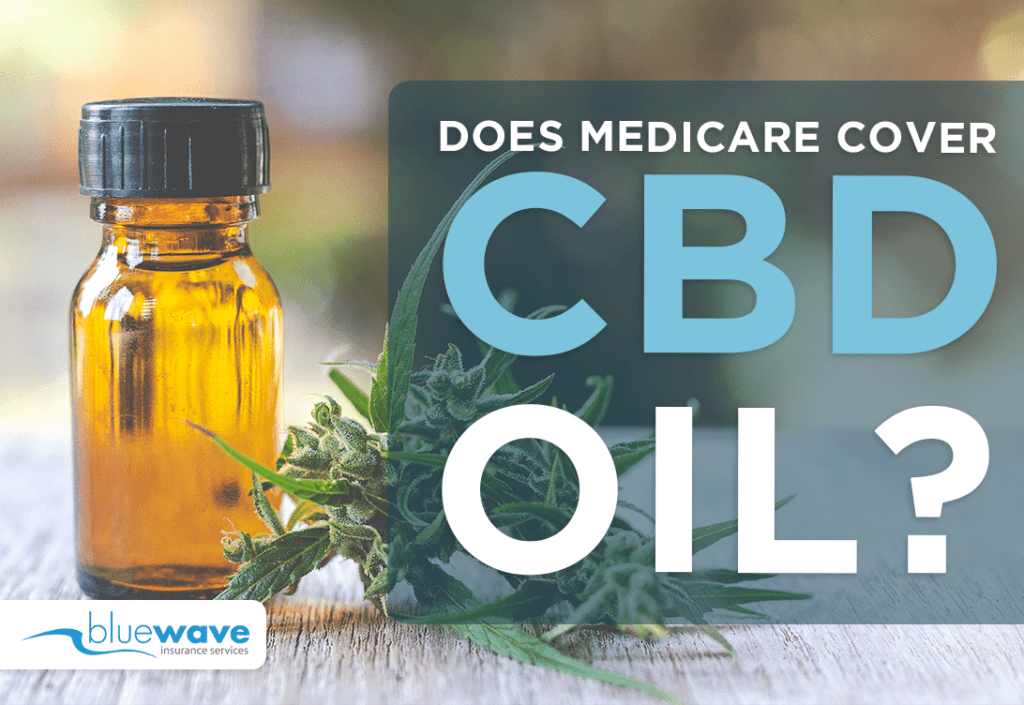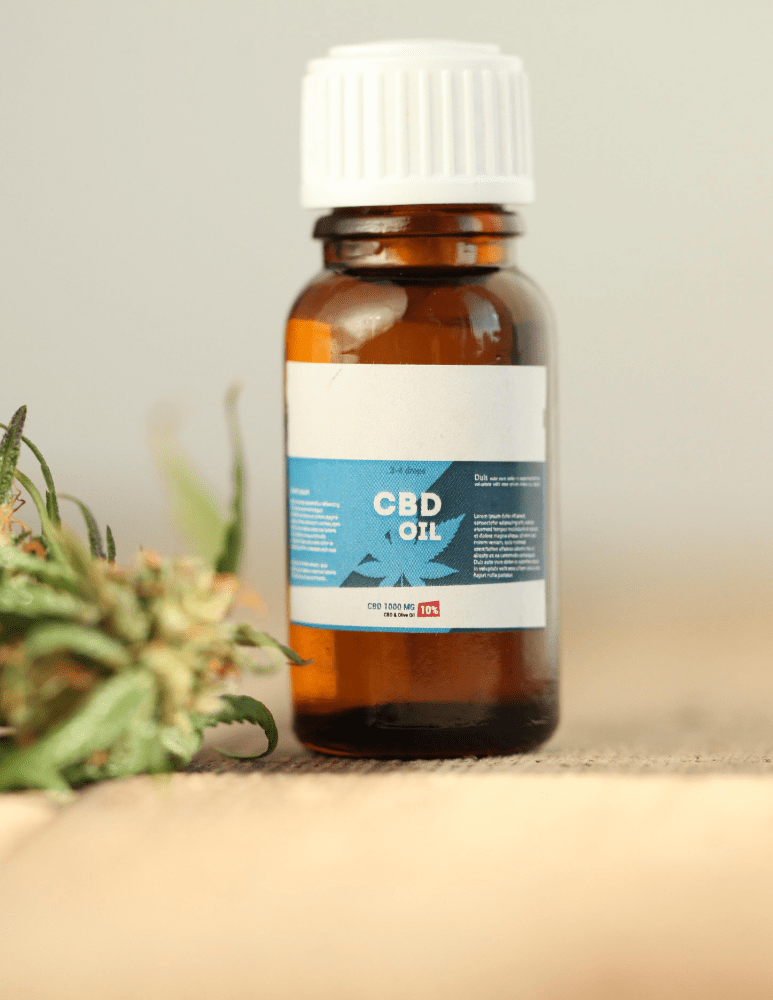
Medicare does not currently cover the cost of CBD oil. Below we discuss certain conditions CBD can treat and some alternatives medications that are covered by Medicare.
Background and History
CBD Oil is short for Cannabidiol oil. It is a cannabinoid product derived from the chemical components of marijuana. But unlike marijuana or cannabis, which people take for its ability to get high, CBD oil does not make people high. In fact, CBD cannot intoxicate a person.
The compound in Cannabis sativa (or marijuana) that has an intoxicating effect is THC. THC or Tetrahydrocannabinol is a chemical substance that has a psychoactive effect. CBD oil contains no THC, therefore, it has no psychotropic effect.
CBD is legal in the 50 states of the United States. The oil is usually edible and it is also safe for application on any part of the skin when mixed with other oils like coconut oil. Despite being legal, the health industry still has concerns over prescribing it because it originates from cannabis.
There are currently ongoing studies on the use of CBD oil to treat Alzheimer’s disease, Parkinson’s, stroke, and multiple sclerosis. The anti-inflammatory effect of CBD and CBD oil may prove helpful in addressing these neurodegenerative illnesses.
Uses of CBD and CBD Oil

The use of CBD and CBD oil is gaining fast popularity. Many people use it to relieve severe pain. A lot of older people also use the product for age-related health problems. Here is a shortlist of some of the ways CBD and CBD oil can help individuals.
Epilepsy
Currently, the FDA has approved purified CBD for treating epileptic seizures. There is ongoing research on how much CBD reduces the occurrence of seizures in people with epilepsy. There are also several current studies on how to use the product safely.
In addition, there is a 2016 study of the effect on epileptic patients. Alongside other anti-epileptic drugs, researchers added a daily oral dose of 2-5 mg of CBD. In result, after 12 weeks, the 214 participants recorded more than 36% fewer seizures monthly. However, about 12% of the participants experienced severe side effects.
Pain Relief
The oil affects the brain receptors and causes relief from pain. CBD oil also helps in the treatment of general illnesses. It may also help with pain from multiple sclerosis, arthritis, muscle pain, and spinal cord injuries. According to the National Cancer Institute (NCI), CBD may help with cancer. CBD may prevent or reduce the growth of cancer cells. It may also help to treat cancer symptoms and side effects. When combined with THC, it may help remove cancer-related pains.
Acne
CBD and CBD Oil are useful in the treatment of Acne. Acne is an inflammatory skin condition that causes pimples and spots on people’s faces. It is prevalent, affecting more than 9% of people. CBD oil has anti-inflammatory properties, which helps with Acne treatment. Sebum is an oily material that hydrates the skin. When sebum is too much, however, it causes Acne. CBD inhibits the production of too much sebum.
Anxiety and Depression
Researchers have used CBD as a form of treatment in children with an anxiety disorder and Post Traumatic Stress Disorders (PTSD). With depression being the most significant cause of disability globally, CBD shows promise in the treatment. CBD may be used to enhance the brain’s response to a chemical called serotonin. Serotonin is essential to mental health.
With the help of CBD and CBD oil, it may be possible to manage mental illnesses like depression, anxiety, PTSD, insomnia, and stress. CBD may help reduce the risk of heart attacks, high blood pressure, and diabetes. It also possesses an antipsychotic effect, which may help with psychotic disorders such as schizophrenia.
Medicare Coverage and CBD Oil

While it is legal in up to 50 states, CBD is not a federally approved drug. Also, the Food and Drug Administration (FDA) is yet to recommend CBD as a safe way to treat any medical condition.
Due to these reasons, Medicare does not cover the cost of CBD oil. Whenever CBD becomes legalized and recommendable by the FDA, Medicare may begin covering it.
Medicare Part A and B
Generally, Part A and Part B of Original Medicare do not account for coverage of prescription drugs that you take at home as an outpatient. Therefore, even if it becomes legal, your Original Medicare may not cover CBD oil.
Medicare Part D and Medicare Advantage
There is a drug containing CBD, which your Part D Prescription Drug Plan or Medicare Advantage may cover. Epidiolex is a drug approved by the FDA to treat seizures caused by two rare forms of epilepsy. These are known as the Dravet syndrome and the Lennox Gastaut syndrome.
To be eligible for the treatment, you must have had any of these conditions for at least two years. Also, you must have tried other forms of therapy without success.
Other FDA approved cannabinoid drugs that your Medicare Part C and D may cover are dronabinol and nabilone. But they are all used only when all other treatment procedures have failed.
Yes, CBD oil and Hemp oil are very different. For instance, CBD uses the stalks, flowers and leaves of the Hemp plant. In result, this creates a much higher concentration of CBD. However, with Hemp oil, this comes from the seeds of the Cannabis sativa plant that does not contain CBD. Instead, it has other rich nutrients, fatty acids, that also have health benefits.
thumb
Feel free to contact us at 800-208-4974 if you have any questions about Medicare coverage or Medicare Supplement plans that may serve you best. We would love to help.
